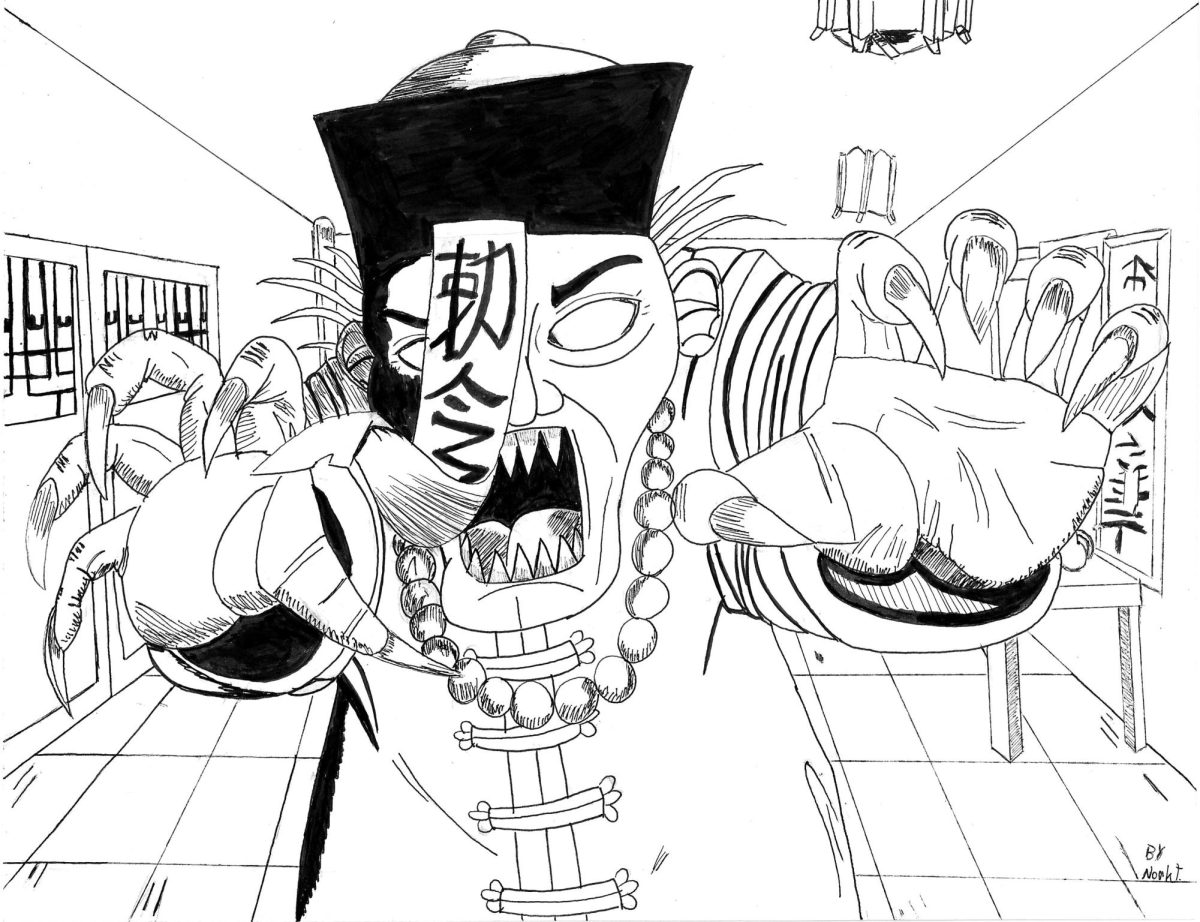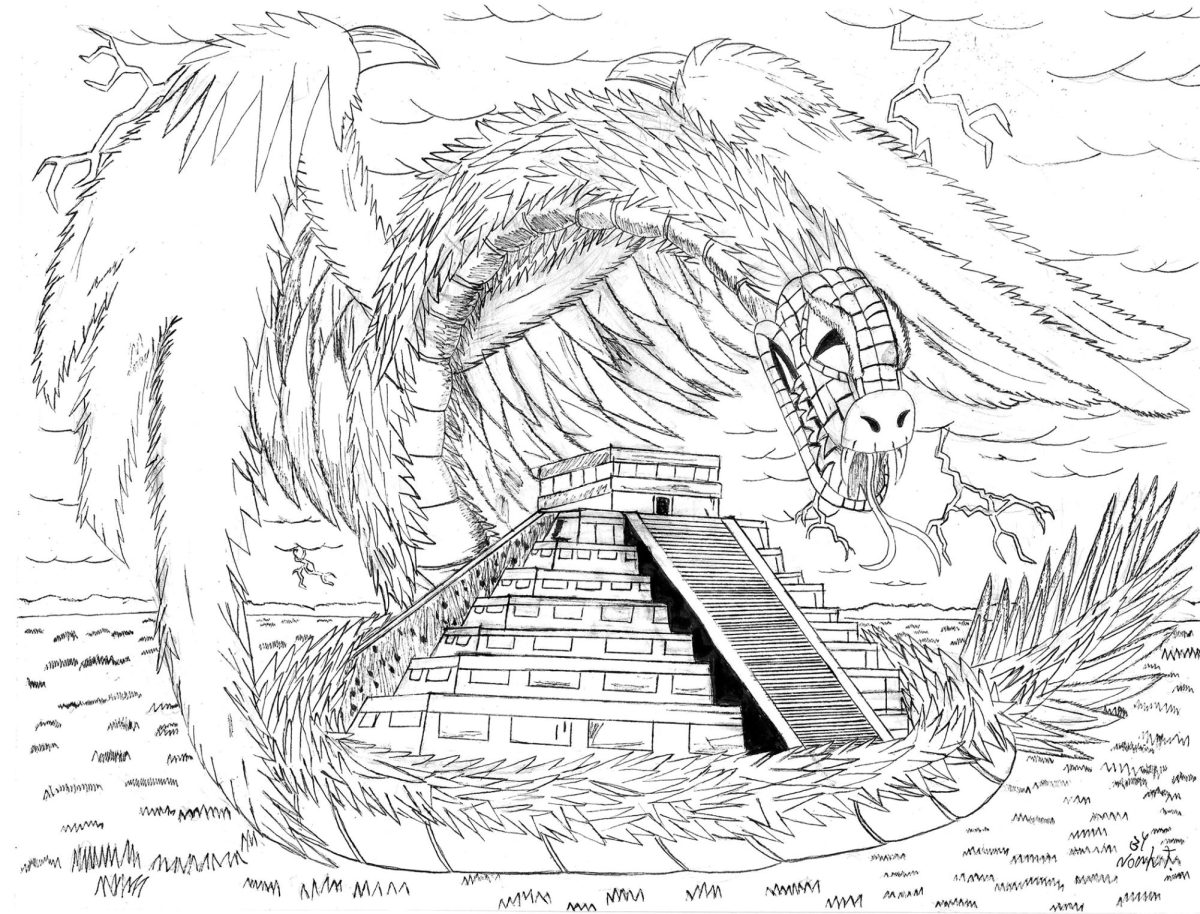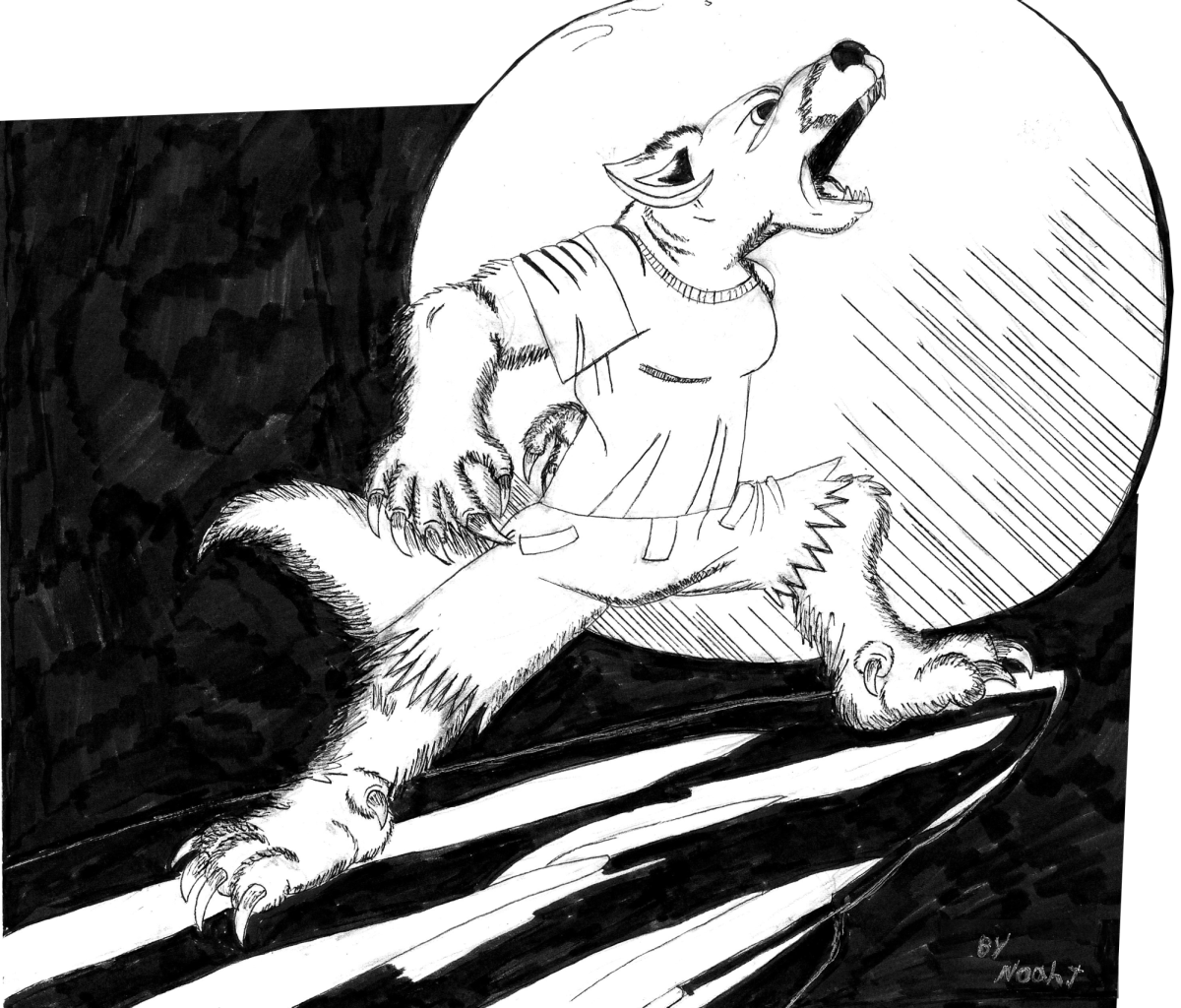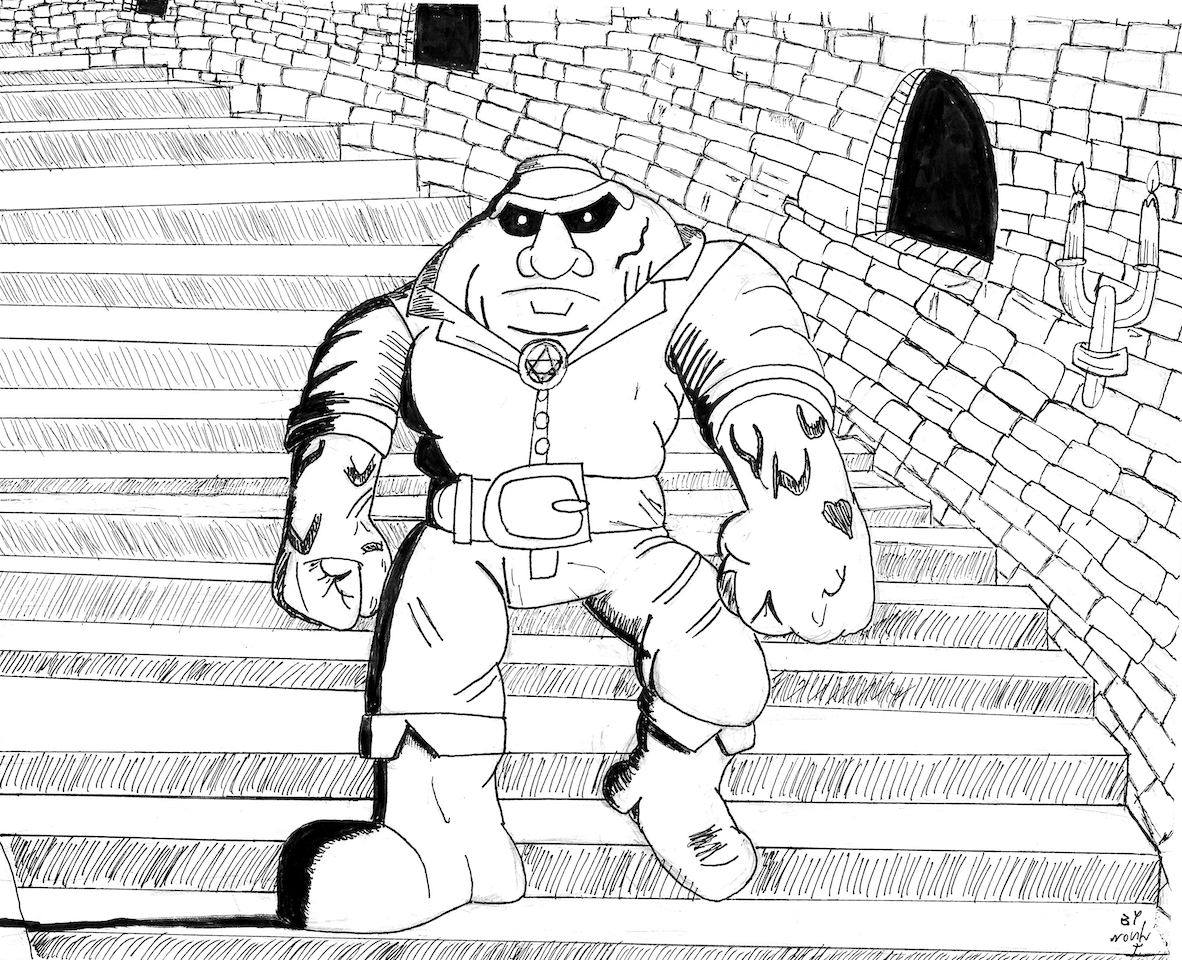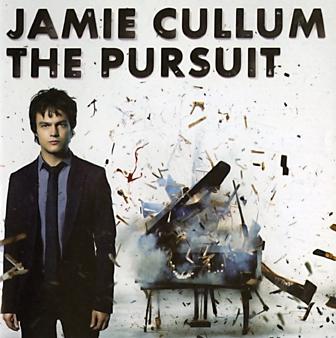Don’t believe the hype. The new Jimi Hendrix Experience album Valleys of Neptune (Legacy) is very disappointing. It’s simply not up to par to any of their original three studio releases, his live Band of Gypsys album or even some of the posthumous releases. If you take the philosophy of this being an audio sketchbook that Hendrix mistakenly left behind, you might be able to get through this without rolling your eyes. Most of the unissued stuff like “Valley of Neptune” and “Lullaby for the Summer” are at best a curiosity.
If history shows us anything, it’s that once Hendrix got out from under manager Chas Chandler’s thumb, he was a perfectionist. No way would he let this see the light of day in the current condition it’s in. Sloppy play, off-key singing and odd fade outs plague the release.
“Lover Man,” “Ships Passing Through the Night” and “Crying Blue Rain” are nothing more than three-piece run throughs and The Experience adds nothing substantial covering their own hits, “Stone Free” and “Fire.”
That being said, the only bright spot here is the Hendrix penned “Hear My Train A Comin’.” It’s an original blues classic that he performed live, but never lived to see its official studio release. Indeed his guitar solos here are uninspired, but it’s definitely a look into the song’s arrangement and structure.
What the Hendrix Estate is hoping is a big year with re-releases of his past catalog (reviewed next issue) and video content. Valleys of Neptune is a disappointing start.
Lifehouse is one of those bands that constantly slips through the floorboards of respect and acknowledgement. With four albums under their belt, their blend of L.A. power punching alternative pop never fails to deliver on radio, and their energetic live shows are legendary among fans.
Smoke and Mirrors (Geffen) should expand their fan base and give the band its due. After a grueling tour that ended in 2008, Lifehouse, along with album producer Jude Cole, started working earnestly on the material that would eventually become this fifth album.
Always known for their tight material, the 12 tracks here simply improve on the band’s already winning formula. Jason Wade’s vocals have never been better and the same can be said for everyone in the band.
What makes a big difference here is working with a producer from day one on the material. Standouts include “All In,” the gorgeous “From Where You Are,” “Wrecking Ball” and my favorite on the album, “Smoke and Mirrors.”
Lifehouse will be performing songs from Smoke and Mirrors at the US Cellular Center on April 7, opening for Daughtry.
I’ve kept my eye on Jamie Cullum ever since his hard-to-find first album, Heard It All Before in 1999. Based in jazz, Cullum can hardly be called a jazz musician, though. His piano work touches all genres and is pretty much impossible to categorize.
That being said, it’s been five years since Cullum has released an album of new material. He’s kept himself in the public’s eye, appearing on soundtrack stuff for Meet the Robinson’s, Grace Is Gone and Gran Torino and appearing as a guest on other albums, otherwise nada.
His latest, The Pursuit (Verve), is unbalanced and undisciplined. The CD cover of an exploding piano probably best depicts this effort. It’s harsh but Cullum should throw this album in a bin, blow it up and start all over again from scratch.
All of Cullum’s assets as an artist actually come together to do him in here. This thing is everywhere, one time he’s trying to be this, then he’s trying to be that. I know this is very contradictory, on one hand I praise him for his being different, then in the same sentence blast him for being so different.
Stay with me here. The reason why is that the album lacks a common thread, something that ties everything all together. There is simply no continuity here.
The album’s first single “I’m All Over It” is as sugary pop as pop can be, while “We Run Things” has a drum track that flirts with hip-hop. Overall, the record sounds disjointed, like a compilation from Cullum’s entire career as opposed to a singular cohesive effort.
That being said, there is one jaw-dropping standout, “You And Me Are Gone,” which teeters on brilliance and makes you wonder why he seems to consciously shy away from his energetic side. Otherwise the rest is filled with Cullum’s usual attempt at British ballads and generic covers (yet another – “If I Ruled the World?”).
Ultimately The Pursuit fails in its ability to fully represent the musical diversity of what Jamie Cullum has to offer as an artist. If only he could just find a producer who can hold him down to one singular thought for an entire album.
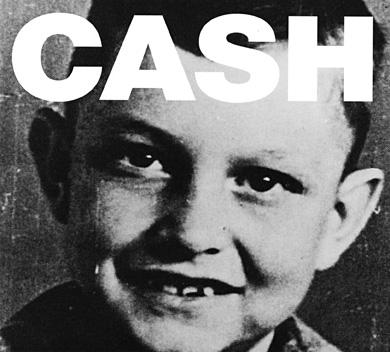
Lifehouse (Bob Hanson)











